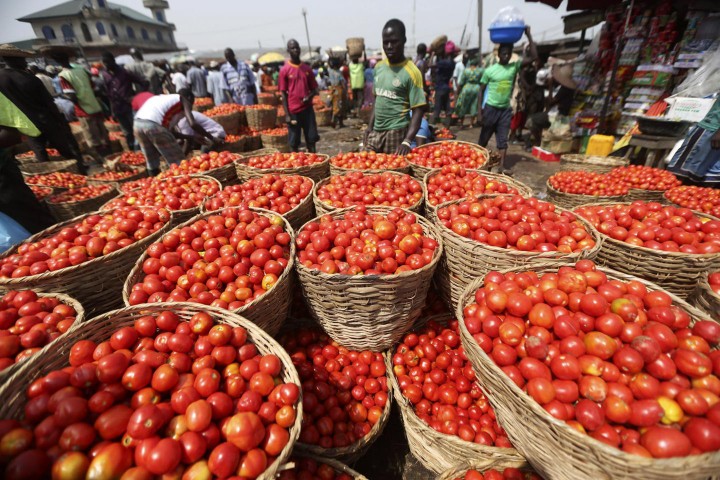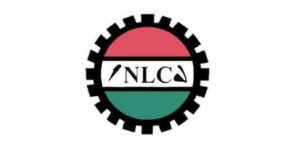By Yusuf Olukokun
Two weeks ago, Nigerians felt a great discomfort that had never been witnessed in the last two decades; prices were upside-down, many started scampering—they got dominated by fear of getting peppers and tomatoes.
Nevertheless, this is not to say the prices are getting down to an affordable level—but the situation is witnessing serenity presently, as there is maximal influx at which these needed eatable vitamins prices are coming down.
In the midst of it all, it would be highly disingenuous to ascribe the scarcity of tomatoes in the month of June to artificial scarcity alone. Tomatoes harvesting is seasonal—as the month of June always sees the worse scenario of the scarcity—it is always at the middle, rain starts dropping heavily from May—July. This may seem advantageous to newbies but to farmers, it is not.
But, in the same vein, 2024 was worst; scarcity was created out of low farming activities in South-West, the state of things in the country itself, high demands because of Ileya festival and self induced inflation which was laced with high prices from the middlemen transporting from the Northern region of the country down to the South-West.
That being said, it is crucial to state that South-West West farming activities are currently low on all sides, the demands for tomatoes went up in the month of June due to Muslim festival (Eid-l-Kabir). The normal econometric behind this is: when demand is higher than the supply, the product tends to grow wings, because prices will increase.
Additionally, the expectation that Northern region should be left with production of foods and some consumables is clearly among the factors behind the scarcity. If the supply is largely more than the demand, prices will drop significantly.
Retail prices as stated earlier contributed largely to the menace Nigerians, especially South-westerners faced in June. A bag of pepper peaked to N150,000 or N180,000, now, the same bag is going for N39,000. What was the reason behind this? The answer is simple, the middlemen were behind the strokes.
In eradicating or controlling the narratives behind food inflation, each state government needs to show commitment towards farming, most importantly in the South-West.
It is also pertinent for the Federal Government of Nigeria to be pro-active on insecurity issues—this is contributing excessively to the drives behind food inflation especially in the Northern region of the country.

Currently, the country is seating on a keg of gunpowder, famine is in the land, and any spark from the citizens would surely lead to uncontrollable chaotic decisions.



























